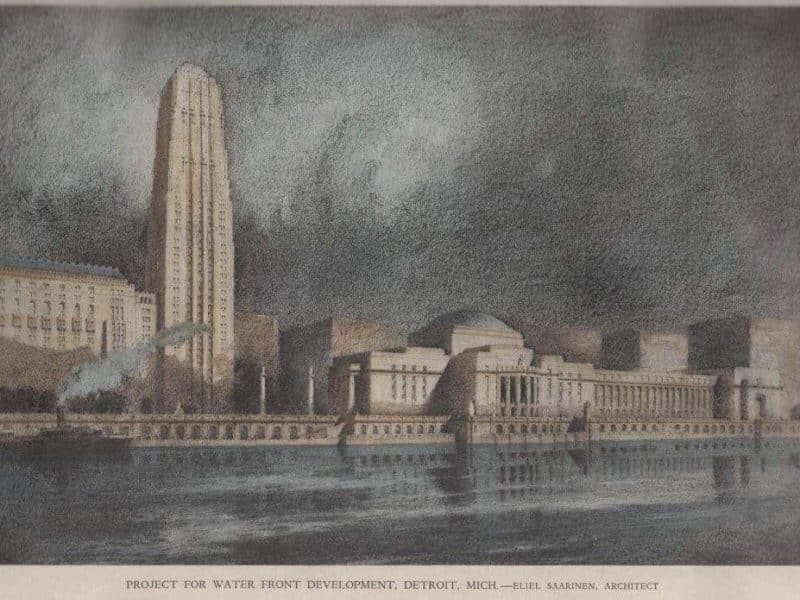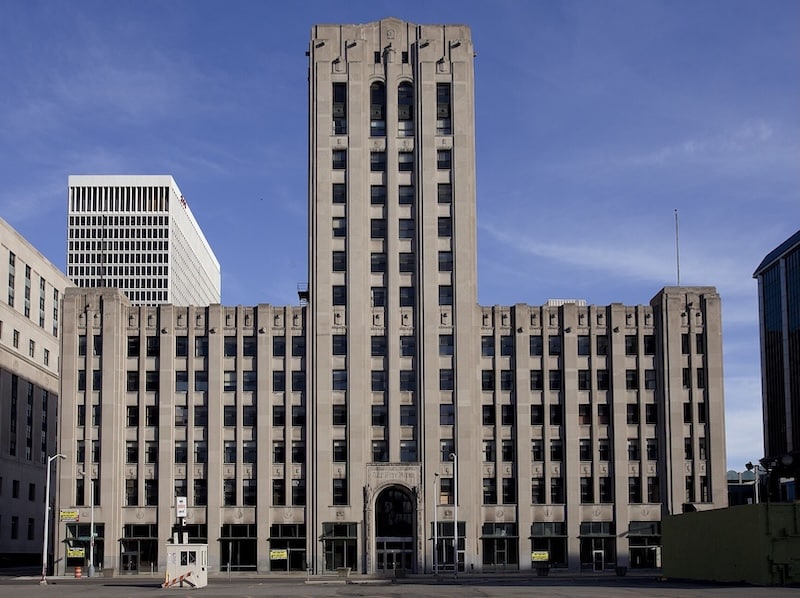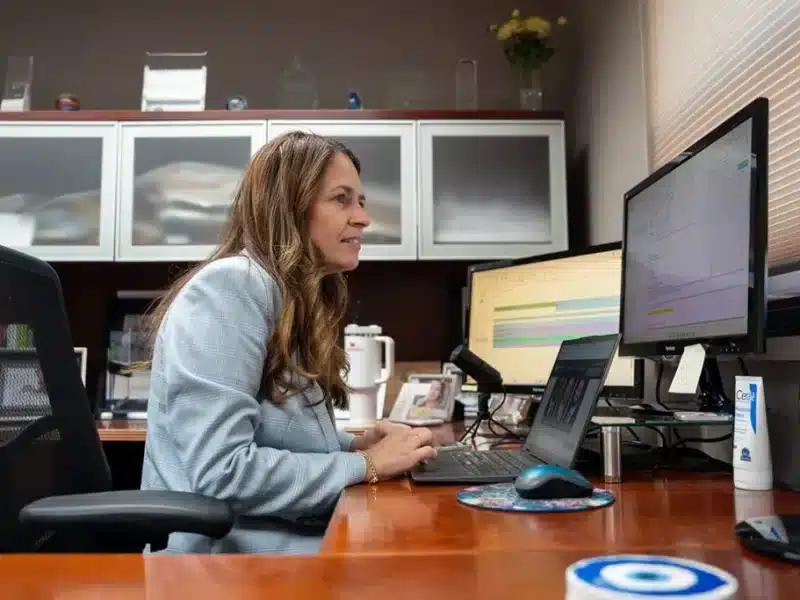Brown is the New Green
Brownfield investors bring a fourth “R” to sustainability in Detroit – Reduce, Reuse, Recycle and Redevelop.
Last year when we announced we would use brownfield tax incentives as part of the plan to redevelop the site of Tiger Stadium a columnist asked rhetorically if tobacco spit was the contamination that made the stadium eligible as a brownfield.
I’m afraid he’s not the only one still suffering from myth that properties must be “toxic” to be eligible for brownfield incentives. In Michigan, brownfield sites only have to be obsolete or underused. Contamination is optional. The City of Detroit has a national success story in the way it has used brownfield tax incentives to help redevelop 134 sites in the last five years. The projects include:
- 2 hotels
- 10 industrial developments
- 2 mixed use developments
- 1 high tech business incubator
The investment in the City for all projects completed or approved over the last eight years totals an estimated $5.53 billion. These projects, when completed, will have created or retained an estimated 13,000 jobs in the city, and will have produced nearly 8,000 new housing units. Key projects and their estimated investment impact include:
- Compuware Headquarters – $400 million
- Book Cadillac – $176 million
- Argonaut Building – $140 million
A few of the other big projects, such as the Book Cadillac restoration are well known, but Detroit has many other projects that, when completed, will have preserved buildings and revitalized neighborhoods with a historical flair. Some examples:
- Kales Building, 76 W. Adams
- Techtown TechOne, 440 W. Burroughs
- Merchants Row, 1241 Woodward Ave.
- odent Building, 2233 Park Ave.
- Hartz Building, 1529 Broadway
One of the best part of brownfield redevelopment is the way it generates green – as in environmental benefits. Putting obsolete facilities to new uses are great examples of “Reduce, Reuse, Recycle.” They reduce the costs of building new infrastructure and often cut transportation energy costs. They reuse buildings in new ways, and when part of a structure cannot be saved, materials salvaged from it can be recycled. Brownfield investors might say that they bring a fourth “R” to sustainability – Reduce, Reuse, Recycle and Redevelop.
George W. Jackson
Jackson is president and CEO of Detroit Economic Growth Corporation, a non-profit organization that works with businesses, government and other organizations throughout Detroit to encourage and manage economic development projects.




